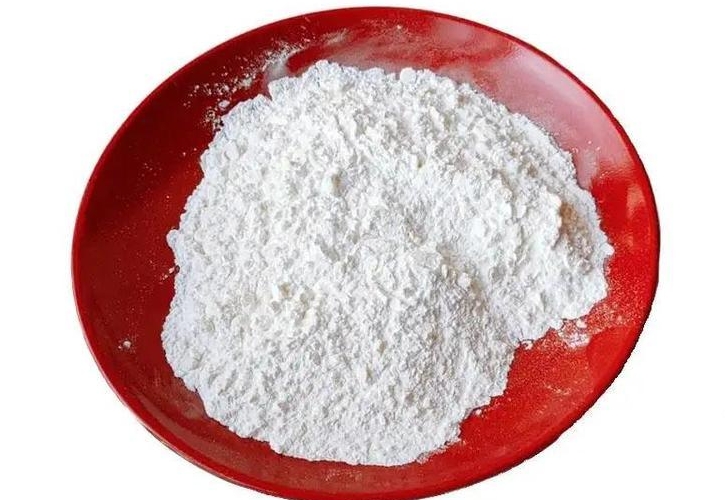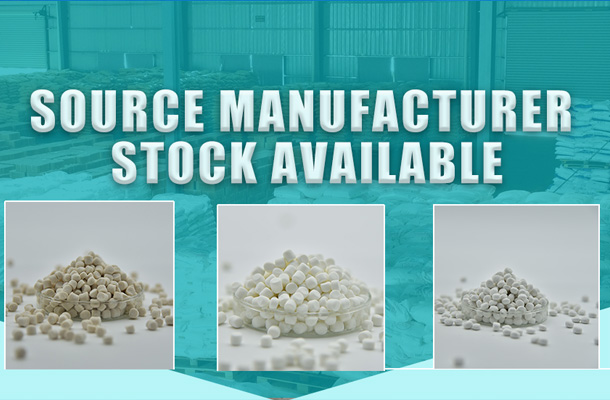DCBS(DZ), short for N,N'-Dicyclohexyl-2-benzothiazole Sulfenamide or Dicyclohexylbenzothiazole Disulfide, is a widely used accelerator in the rubber industry, specifically in sulfur vulcanization processes. It plays a pivotal role in optimizing the vulcanization process and enhancing the performance characteristics of rubber products. Here's a detailed breakdown of the roles and benefits of DCBS(DZ):
Powerful Vulcanization Acceleration: DCBS(DZ) is a highly effective accelerator that significantly speeds up the sulfur vulcanization process by promoting efficient cross-linking between rubber polymer chains. It reacts with sulfur to generate reactive intermediates, which facilitate the formation of covalent sulfur-sulfur (S-S) bridges between the chains, leading to a well-cured rubber network.
Enhanced Scorch Resistance: One of the key features of DCBS(DZ) is its excellent scorch resistance, which delays the onset of premature vulcanization during the mixing and storage stages. This property is particularly beneficial for complex or large rubber articles that require longer processing times or for situations where precise temperature control is difficult to maintain.
Improved Physical Properties: DCBS(DZ) contributes to the improvement of various physical properties in vulcanized rubber, such as increased tensile strength, tear strength, and abrasion resistance. It helps create a more uniform and dense cross-link network, resulting in rubber products with greater durability, resilience, and overall performance.
Synergistic Effects: When combined with other accelerators like thiazoles or thiurams, DCBS(DZ) can exhibit synergistic effects, enhancing the cure response and optimizing the balance between cure rate and scorch resistance. This combination approach can also enable the use of lower accelerator levels, which can be advantageous for certain applications.
Versatility in Rubber Types: DCBS(DZ) is compatible with a wide range of rubber polymers, including natural rubber (NR), styrene-butadiene rubber (SBR), butadiene rubber (BR), nitrile rubber (NBR), and others. This versatility makes it a go-to accelerator for various rubber goods, from tires and automotive parts to industrial and consumer products.
Processing Advantages: The delayed action and efficient sulfur dispersion promoted by DCBS(DZ) result in easier processing, allowing for better flow and filling of molds during manufacturing. It also supports better dispersion of fillers and pigments, contributing to more uniform and aesthetically pleasing products.
Environmental and Safety Considerations: Despite its effectiveness, DCBS(DZ), like all chemical accelerators, requires careful handling and disposal to mitigate potential environmental and health risks. Adherence to safety protocols and the exploration of more environmentally friendly alternatives or reduced usage strategies are essential in modern rubber manufacturing.
In summary, DCBS(DZ) is a critical component in rubber manufacturing due to its ability to accelerate vulcanization effectively, provide outstanding scorch resistance, enhance physical properties, and work synergistically with other accelerators. Its compatibility with multiple rubber types and processing advantages make it a preferred choice for a wide array of rubber applications, but its use must be balanced with safety and sustainability considerations.







